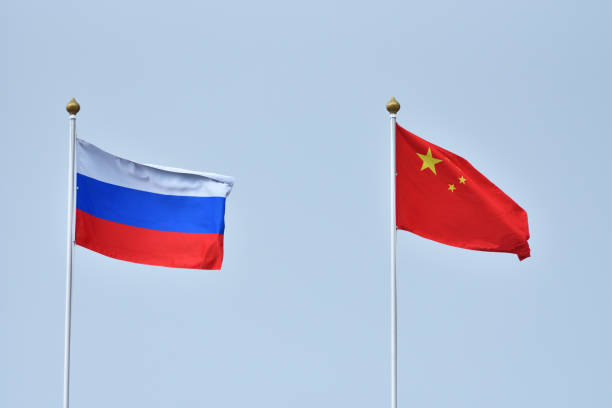China and Russia have reinforced their strategic partnership by committing to closer cooperation in currency and finance, as well as within the BRICS framework, following a meeting between Chinese Premier Li Qiang and Russian Prime Minister Mikhail Mishustin. The agreements, outlined in a Joint Communiqué released by China’s Ministry of Foreign Affairs, signal a strong commitment to local currency usage, enhanced payment infrastructure, and mutual investments, while also advancing collaboration in areas like artificial intelligence and sustainable development.
Strengthening Currency and Financial Ties
During the 29th Regular Meeting of the Chinese and Russian Prime Ministers, both nations emphasized the importance of bolstering cooperation on currency and financial matters within the BRICS framework. The communiqué highlighted their agreement to maintain and further enhance the use of local currencies in bilateral trade, investment, and other economic activities. This move is aimed at reducing reliance on the US dollar and fostering greater financial independence.
In addition to promoting local currency settlements, China and Russia committed to developing their payment and settlement infrastructure. This includes the opening of correspondent accounts and the establishment of bank branches in each other’s countries, which will facilitate smoother transactions and improve the convenience of payments.
Advancing BRICS Collaboration
China and Russia also underscored their shared goal of enhancing cooperation within BRICS, particularly in the fields of sustainable development, artificial intelligence (AI), and global governance. The communiqué expressed Russia’s support for China’s initiative to establish the “China-BRICS Artificial Intelligence Development and Cooperation Center,” which will serve as a platform for BRICS countries to collaborate on AI advancements.
Furthermore, the two countries reiterated their commitment to the broader BRICS agenda, including hosting and participating in BRICS summits and supporting initiatives like the BRICS New Industrial Revolution Partnership. They highlighted the role of BRICS in global economic governance and expressed their intent to expand cooperation in areas such as trade, digitalization, and environmental protection.
Commitment to Fair Trade Practices
In their discussions, China and Russia stressed the importance of fair and non-discriminatory trade practices within the BRICS framework. They expressed opposition to the politicization of economic and trade issues, emphasizing the need for equitable trade practices that benefit all BRICS members. This stance reflects their desire to promote a multipolar world order where economic decisions are made collectively rather than dominated by a few powerful nations.
